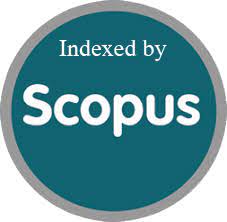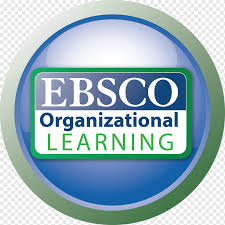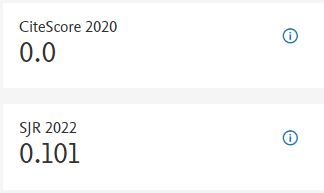WORK-FAMILY CONFLICT, JOB STRESS AND ORGANIZATIONAL SUPPORT AS PREDICTORS OF EMPLOYEE CREATIVITY AMONG LECTURERS IN UNIVERSITY OF IBADAN, OYO STATE, NIGERIA
DOI:
https://doi.org/10.7492/pc6gtw16Abstract
This study investigates the predictive roles of work-family conflict, job stress, and perceived organizational support on employee creativity among lecturers at the University of Ibadan, Oyo State, Nigeria. Social exchange theory among other theories guided the study. A cross-sectional survey design was employed, involving a sample of 419 lecturers was determined by Krejcie and Morgan formula and selected through stratified random sampling across various faculties. Participants age ranging from 30 to 69 years (x̅ = 50.70; SD = 9.83). Standardized instruments were utilized to measure work-family conflict (α = .90), job stress (α = .93), organizational support (α = .82), and employee creativity (α = 95). Five hypotheses were tested using linear and multiple regression analysis. Result showed that work-family conflict ( = -.164; t = -3.662, p < .01) and job stress ( = -.120; t = -2.671, p < .05) are significant negative predictors of employee creativity, indicating that increased conflict and stress levels correspond to decreased creative performance. Contrarily, perceived organizational support ( = .343; t = 7.465, p < .01) appeared as a positive predictor, suggesting that supportive institutional environments enhance lecturers' creative capacities. In conclusion, there is a significant prediction of work-family conflict, job stress, and perceived organizational support on employee creativity. The study recommended that universities management should implement policies that alleviate work-family conflict and job-related stress while promoting a supportive organizational culture.

















